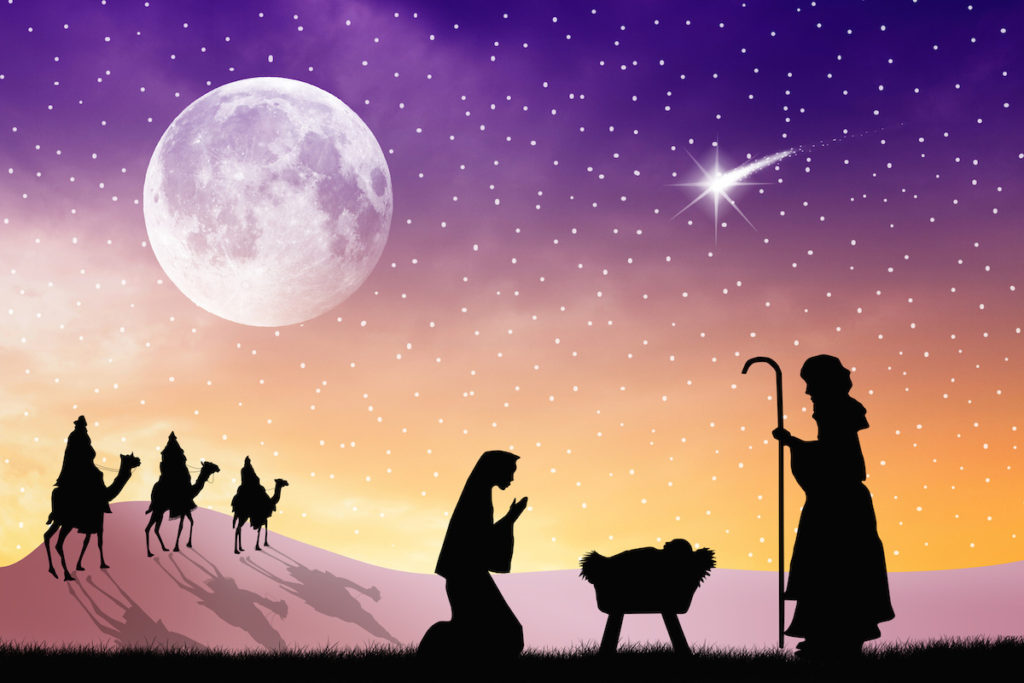
Doubtless, this post is bound to generate some controversial and interesting comments. — Natan
Zechariah 8:19, The fast of. What are these four fasts of the house of Judah (the Jews) that YHVH is here approving and refers to as “appointments” or moedim (though not necessarily “divine appointments” [except for the fast of the tenth month, which is Yom Kippur], since they weren’t mandated by YHVH)? These four fasts are (according to https://www.chabad.org/library/article_cdo/aid/609607/jewish/Jewish-Fast-Days.htm):
The fast of the fourth month of Tammuz: Shivah Asar B’Tammuz— The fast actually commemorates five tragic events that occurred on this date:
- Moses broke the tablets when he saw the Jewish people worshipping the Golden Calf.
- During the Babylonian siege of Jerusalem, the Jews were forced to cease offering the daily sacrifices due to the lack of sheep.
- Apostomos burned the holy Torah.1
- An idol was placed in the Holy Temple.2
- The walls of Jerusalem were breached by the Romans, in 69 CE, after a lengthy siege. (Three weeks later, after the Jews put up a valiant struggle, the Romans destroyed the second Holy Temple on the 9th of Av.)The Jerusalem Talmud maintains that this is also the date when the Babylonians breached the walls of Jerusalem on their way to destroying the first Temple.
The fast of the fifth month of Av: Tisha B’Av— The saddest day on the Jewish calendar is the Ninth of Av, “Tisha B’Av.” It is the date when both our Holy Temples were destroyed, and an era of exile, persecution and spiritual blackness began.
The fast of the seventh month of Tishrei: Yom Kippur or the Day of Atonement
The fast of the tenth month of Tevet: Asarah B’Tevet— On Asarah B’Tevet, the 10th day of the Jewish month of Tevet, in the year 3336 from Creation (425 BCE), the armies of the Babylonian emperor Nebuchadnezzar laid siege to Jerusalem. Asarah B’Tevet is observed as a day of fasting, mourning and repentance.
What can we learn from this Bible passage? This verse tells us that YHVH is not opposed to our observance of man-made, extra-biblical holidays if they commemorate important events in the religious history of his people and if they are done on the basis of love and peace. This could be applied to such momentous biblical events as the birth and resurrection of Yeshua the Messiah as long as we do not substitute these for YHVH’s commanded biblical festivals as listed and commanded in Leviticus 23 and elsewhere. Of course, it is patently contrary to the Word of Elohim for any man-made holidays to contain any taint of paganism (Jer 10:2–5; Lev 18:3; 20:23; Deut 12:30–31) as do most if not all of the popular modern Christian holidays.


